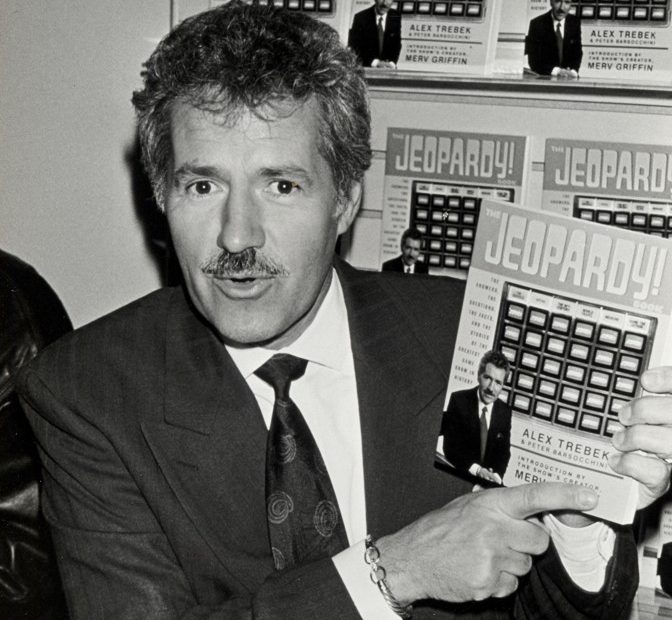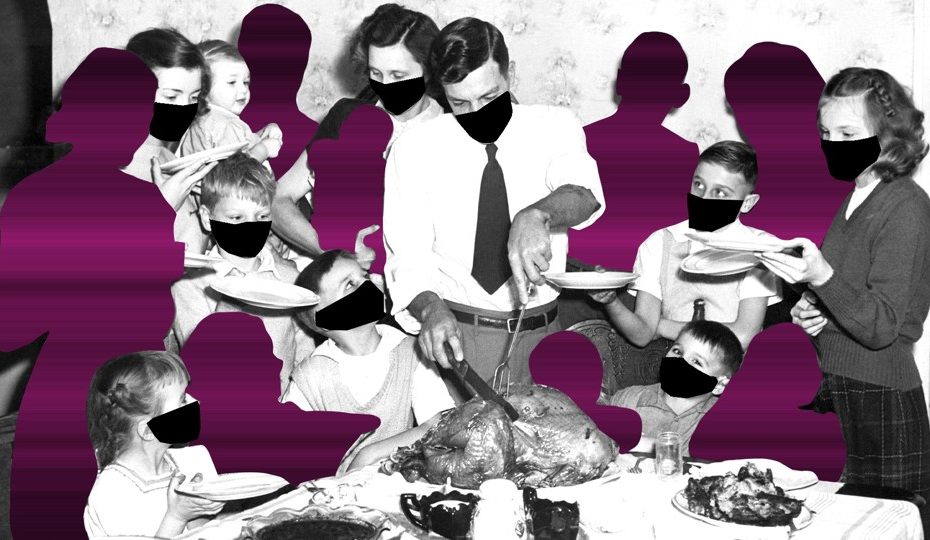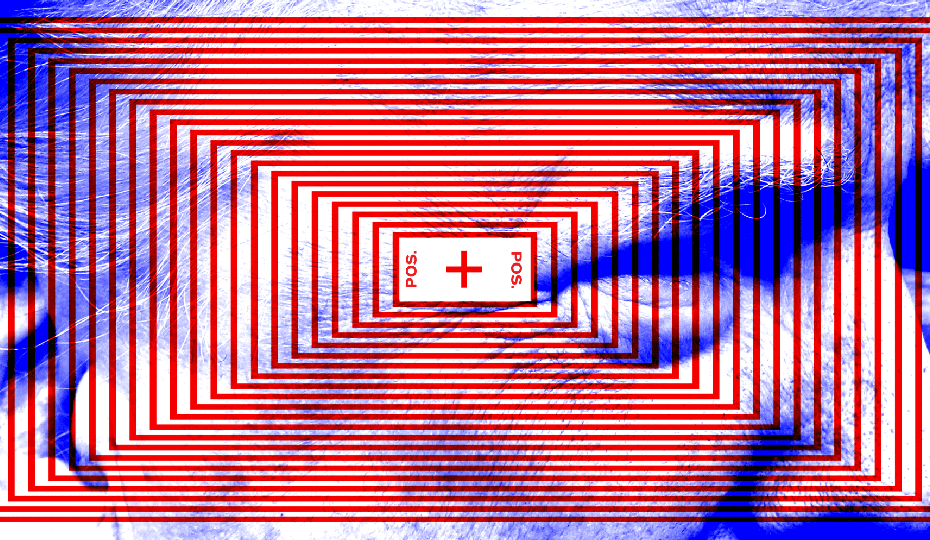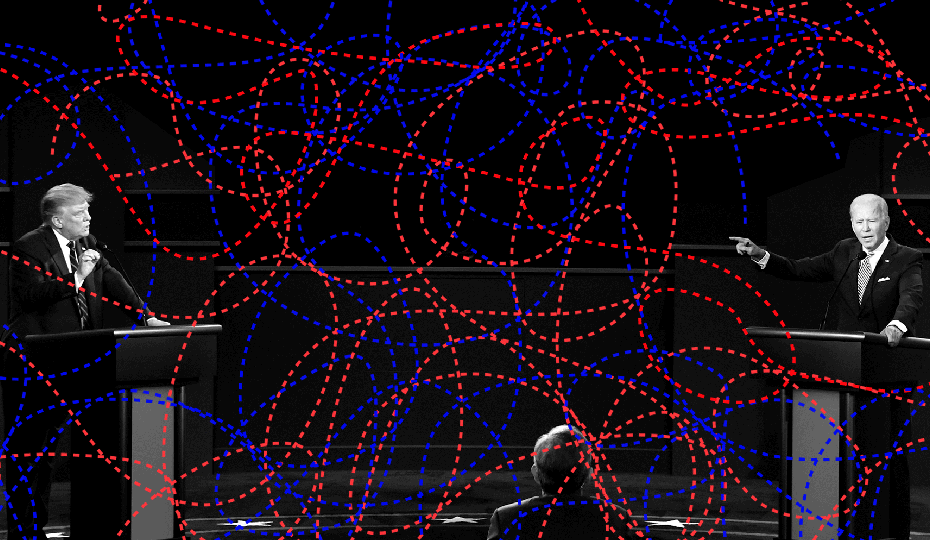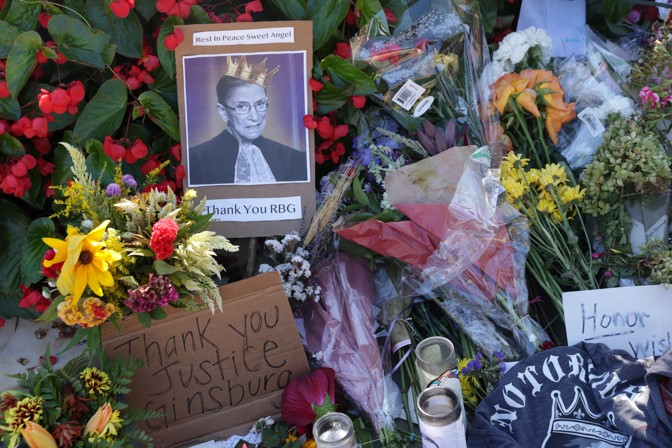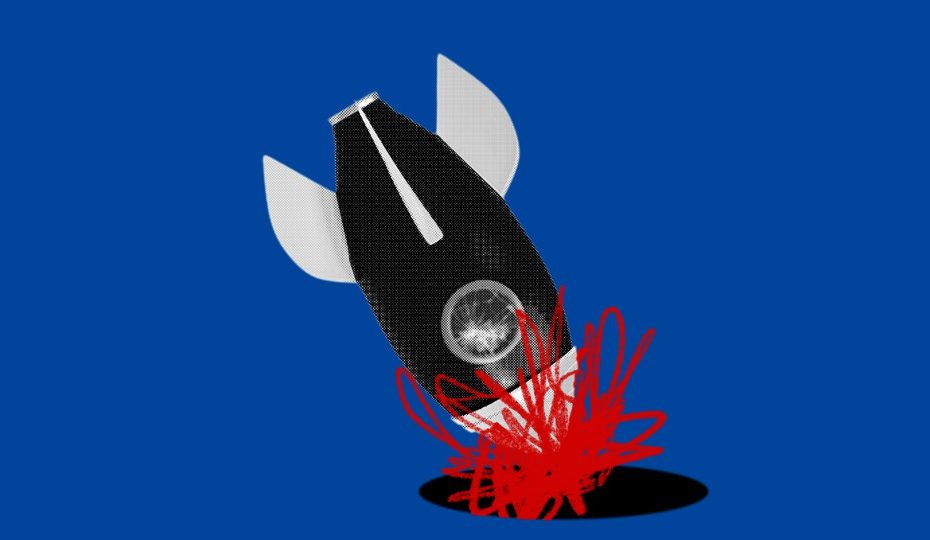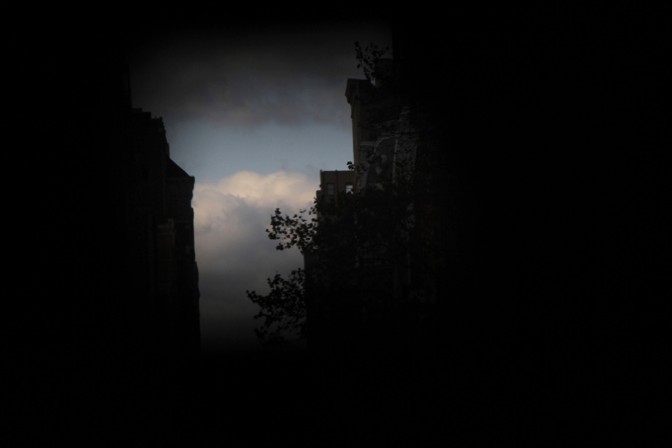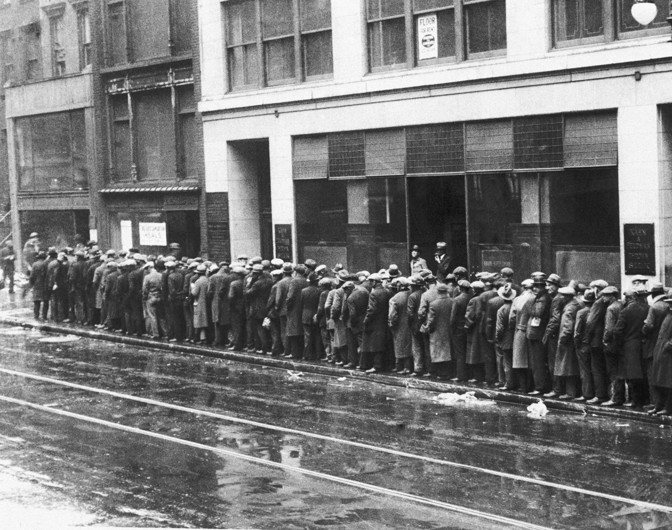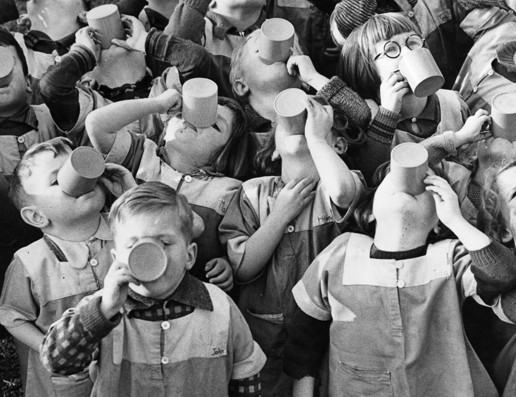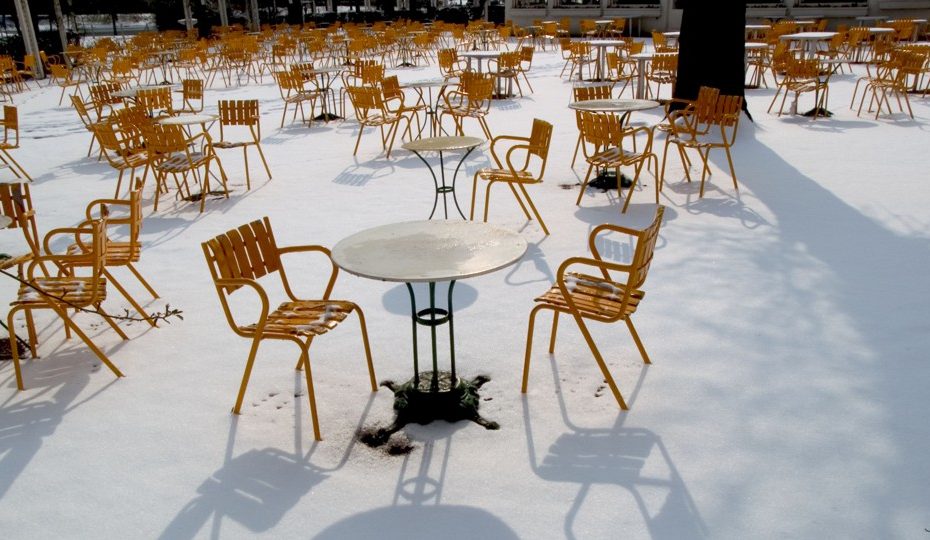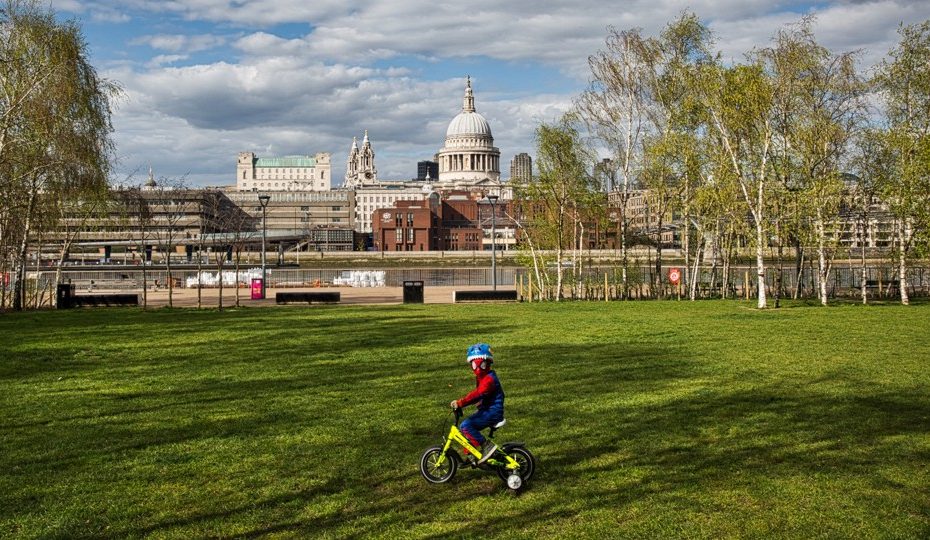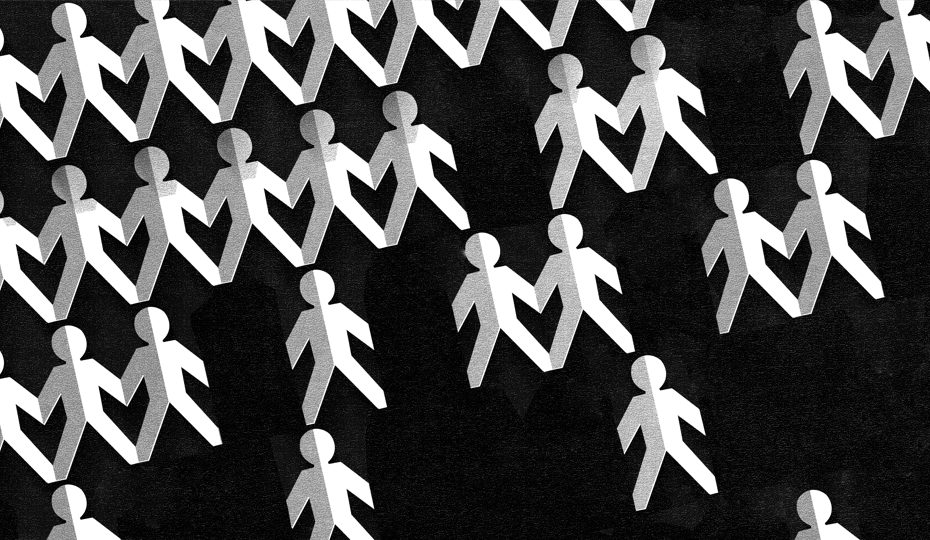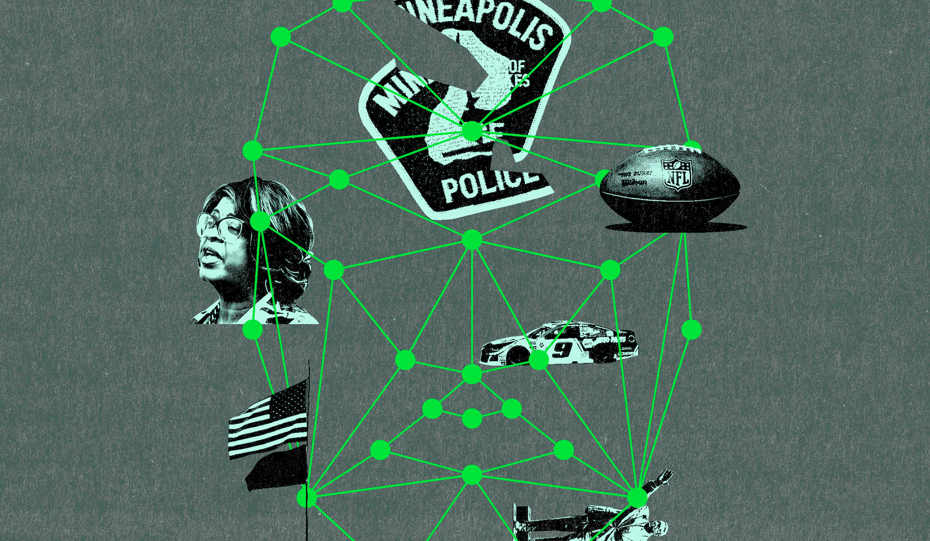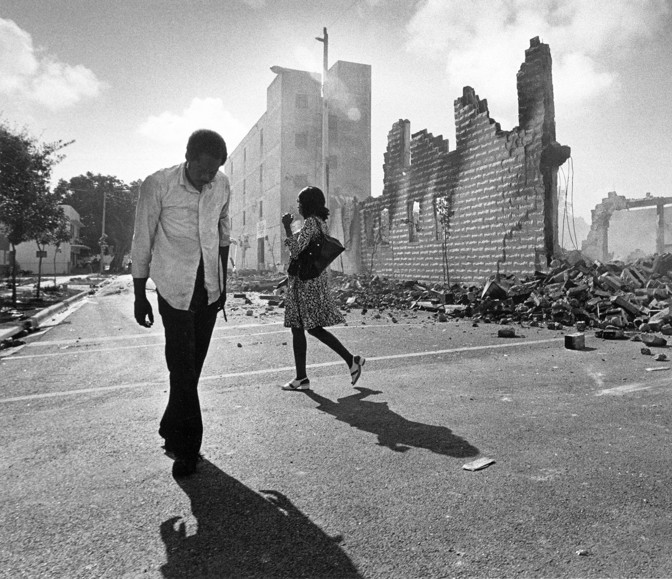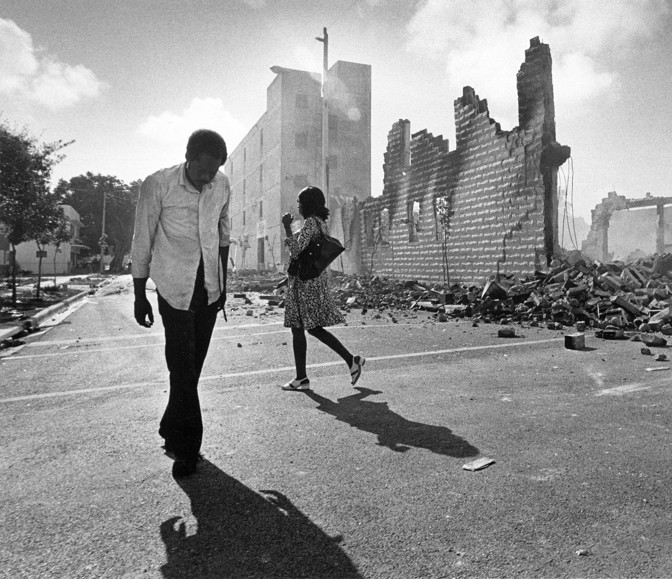Is It Possible to Replace Alex Trebek?
Alex Trebek at a book signing in New York City in 1990 (Ron Galella / Getty)When Alex Trebek began hosting Jeopardy, Ronald Reagan was in his first term, Ghostbusters was a recent box-office hit, and most Millennials hadn’t been born yet. Now, after nearly four decades, his time behind the podium is done. Trebek, a TV icon, died over the weekend from pancreatic cancer that he was diagnosed with a year and a half ago.

